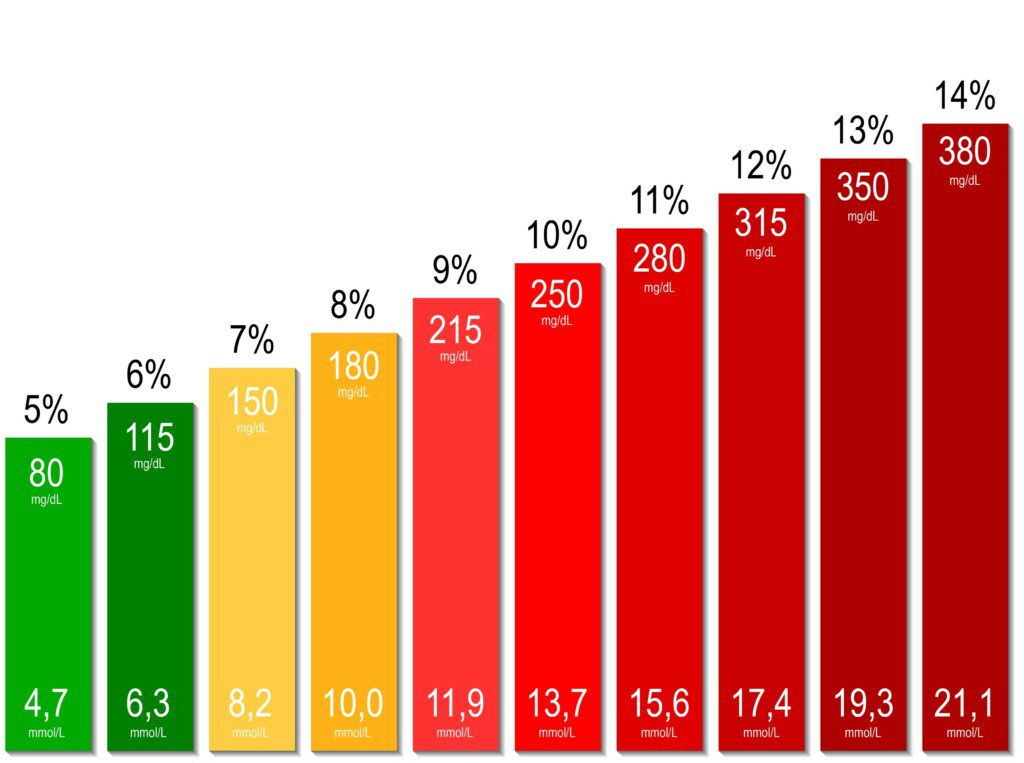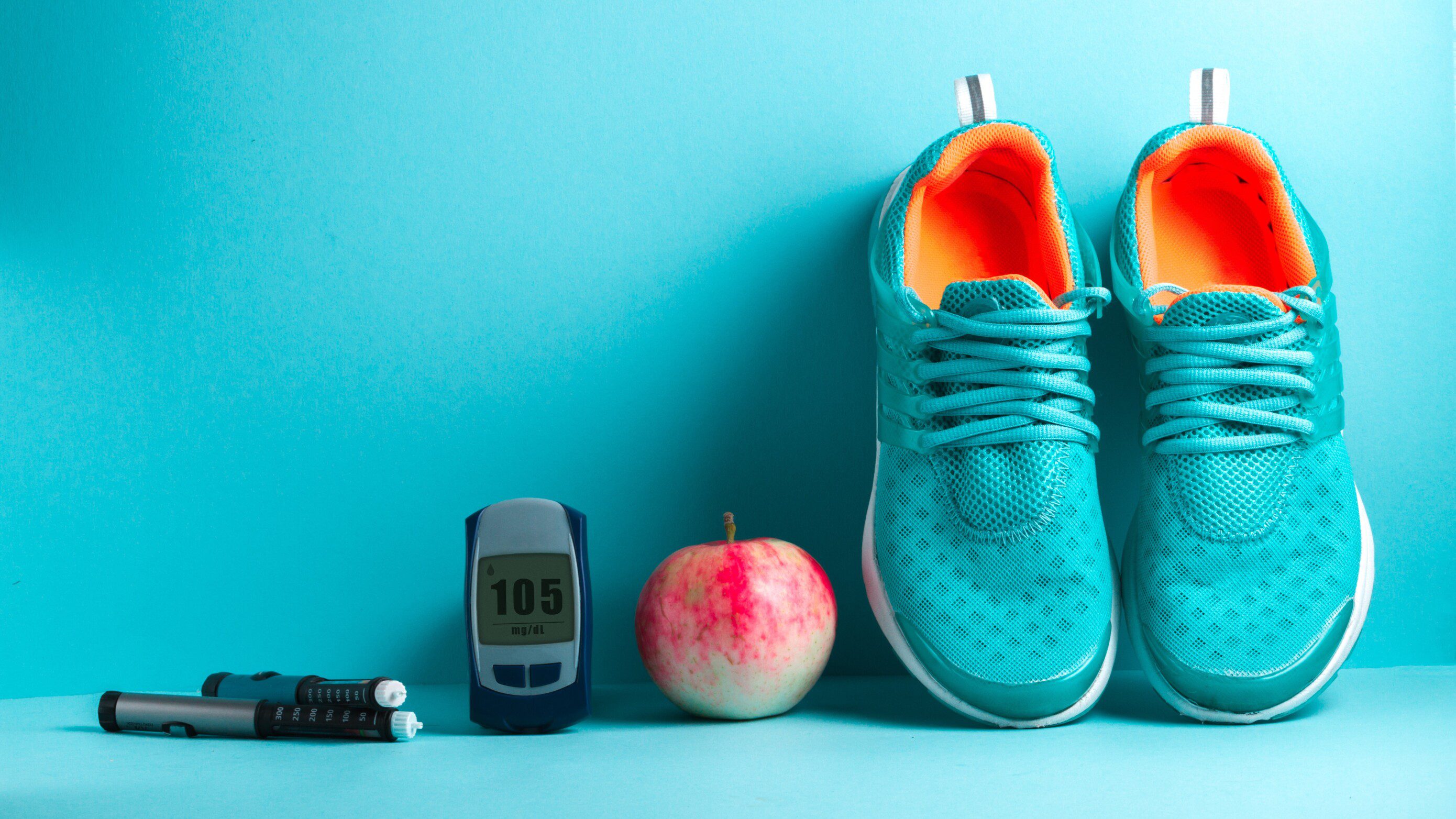Diabetes is one of the most common chronic diseases of the elderly. According to a recent study conducted in the US nearly 25% of people aged 65 and over have diabetes. Undiagnosed cases account for a further 4.7%. If you plan to work as a caregiver you are likely to encounter a senior with diabetes. This chronic disease requires sufficient attention and proactive care. Understanding the basics of diabetes treatment will empower you with the knowledge to provide effective support while ensuring the well-being of the seniors in your care. And as long as you maintain a proactive approach and manage the disease carefully you have nothing to worry about.
What is diabetes?
Diabetes is characterised by the body’s inability to regulate blood sugar levels. There are two main types: type 1 and type 2. Diabetes Type 1 occurs when the body produces insufficient amounts of insulin the hormone that controls blood sugar levels. Diabetes Type 2 occurs when the body struggles to use insulin effectively.
The importance of preventive care
Preventive care is the key to managing diabetes especially for seniors. Promoting a healthy lifestyle and taking a proactive approach can improve their overall condition. One of the most important things to monitor is blood sugar levels. It’s a simple task that anyone can do. It involves using a glucometer to obtain a small drop of blood usually from a finger prick, and analyzing the results. This low-impact procedure helps monitor blood sugar levels and allows you to adjust your medication diet or activity level in a timely manner.
In the table below you can see a simple breakdown of the results you get by measuring your blood sugar. If the figure you get is represented in the red part of the chart you should consider contacting your doctor. Another thing you should keep in mind is that sometimes medications can make your blood sugar too low. This is known as hypoglycaemia. It is characterised by blood sugar levels below 4 mmol/l or 72 mg/dl. If a senior’s blood sugar falls below this level he or she should quickly consume a small amount of sugar or carbohydrates. If your blood sugar does not rise you should contact your doctor as soon as possible.

Other ways of managing diabetes
- Balanced Diet: Seniors should make sure to maintain a balanced diet that includes whole grains, lean proteins, fruits, vegetables and healthy fats.
- Minimizing sugary and processed foods promotes stable blood sugar levels.
- Regular exercise: encourage seniors to engage in physical activities appropriate to their abilities such as walking, swimming or Tai Chi. Regular exercise improves insulin sensitivity and cardiovascular health.
- Medication and Monitoring: Help seniors take prescribed medications as directed.
- Foot care: due to the possible damage to blood circulation and nerves caused by diabetes seniors require proper foot care. Make sure they wear comfortable well-fitting shoes and help them maintain good foot hygiene.
Insulin administration
A healthcare professional should always be in charge of administering the insulin injection. And of course no one would ask you to do this job if you are not qualified to do it. Proper insulin dosing and correct injection technique require specialized knowledge and training. Healthcare professionals have the expertise to safely manage this aspect of diabetes treatment.
Consequences of inaction
Neglecting to take the necessary measures to manage diabetes in seniors can lead to serious complications. Consider the possible consequences:
- Cardiovascular problems: poorly controlled blood sugar levels increase the risk of heart disease high blood pressure and stroke. Careful monitoring and management of these factors helps prevent long-term damage.
- Nerve Damage: Nerve damage related to diabetes can cause numbness, tingling, and pain in the hands and feet. These unusual sensations should be reported early if we want to address potential complications.
- Vision problems: High blood sugar can damage blood vessels in the eyes which can lead to diabetic retinopathy, cataracts or glaucoma. Regular eye examinations allow early detection and treatment.
- Slow healing: wound healing is impaired in diabetes making seniors susceptible to infections. Promptly clean and treat any wounds or sores and seek medical attention if necessary.
Overall diabetes is not that scary as long as it is treated properly. With the right knowledge a proactive approach and constant monitoring the disease can be kept under control. But diabetes is far from the only challenge you may face as a caregiver. That’s why it’s important to have the right partner by your side. Company Atena can help you not only in your search for a suitable job. We will accompany you along the way and help you with any problems you encounter. And even if your help is no longer needed in the household where you work Atena will be available to find you another suitable place without you having to return home.







